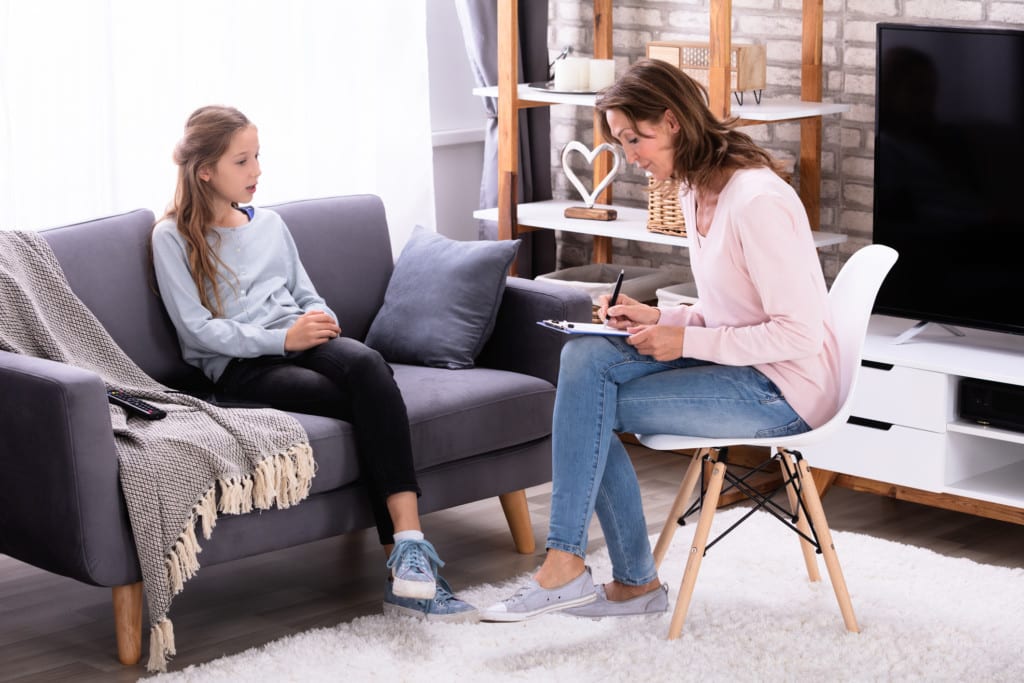Reactive Attachment Disorder

In a perfect world, all children would be shown love and affection from infancy. Unfortunately, under certain circumstances, children may not receive the level of care they need during their formative years. As a result, these children do not learn how to form healthy attachments to caregivers. While these children may wind up in foster care or with a loving family member later in life and have the opportunity for love and support, their inability to form healthy attachments to their caregivers can limit their ability to thrive in the new environment.
What is Reactive Attachment Disorder (RAD)?
Reactive attachment disorder is most commonly found in children who suffered abuse or neglect during their early years. Because they weren’t given the opportunity to form healthy attachments to caregivers when they were babies, they have learned not to trust caregivers they are placed with. As a result, they may:
- Seem angry with caregivers
- Avoid eye contact and/or physical touch
- Lie or steal without remorse
- Manipulate caregivers or other adults
- Seem to “purposefully sabotage” their family life
Reactive attachment disorder can make a child seem “difficult to love,” and often becomes a self-fulfilling prophecy: The child feels like they will never be loved, they behave in difficult manners, and they ultimately push otherwise loving caretakers away from them. To break the cycle, it’s important not only to educate caregivers about proper ways to parent these special children but also to help the children recover from the trauma that caused the disorder in the first place.
Accelerated Resolution Therapy and Reactive Attachment Disorder
Ultimately, reactive attachment disorder is a result of early childhood trauma. Treating the underlying trauma is an important step in helping a child recover from reactive attachment disorder and learn to thrive in a new environment. Accelerated resolution therapy has been proven to help people face and recover from trauma faster than other types of therapies. This may help children with RAD learn healthier coping strategies faster.






Responses